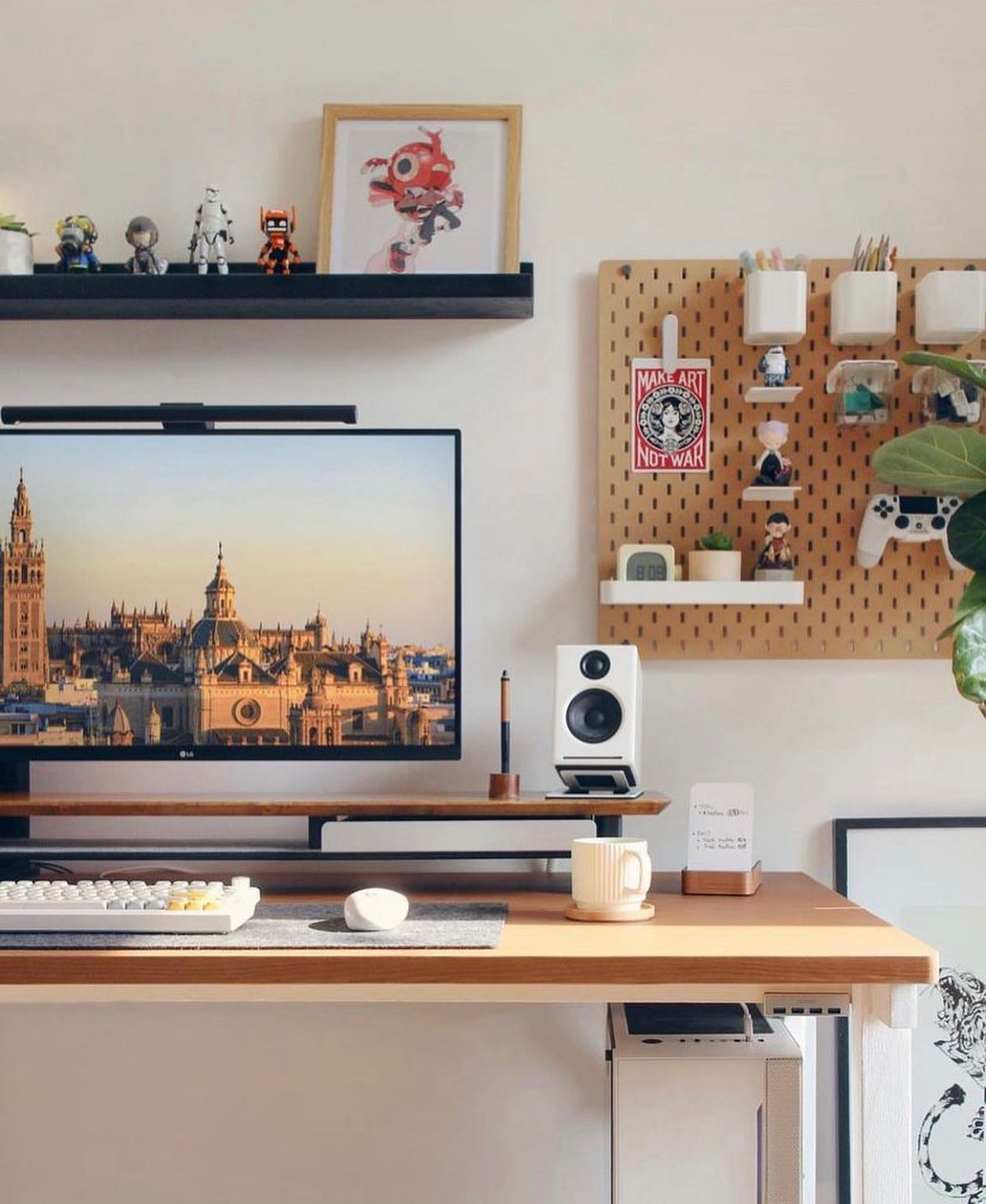
flutter
Flutter 中使用 Widgetbook 管理你的组件
Flutter Widgetbook 是一个用于构建和交互 Flutter 组件库的工具。它允许您在单独的应用程序中构建和演示您的 Flutter 组件,以便您可以在不运行完整应用程序的情况下进行快速迭代和测试。
2023年5月5日 59分钟阅读
205 浏览 0 赞 0 评论
标签
#组件管理
分享到:
评论
00 / 1000

Flutter Widgetbook 是一个用于构建和交互 Flutter 组件库的工具。它允许您在单独的应用程序中构建和演示您的 Flutter 组件,以便您可以在不运行完整应用程序的情况下进行快速迭代和测试。
暂无评论,快来发表第一条评论吧!